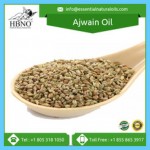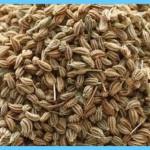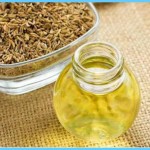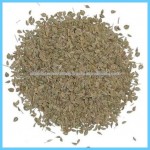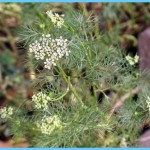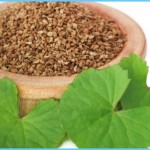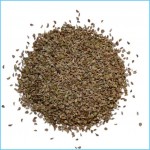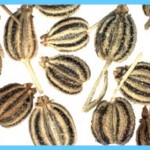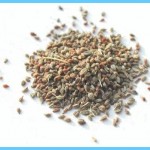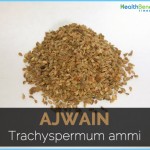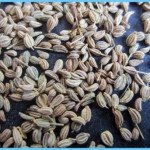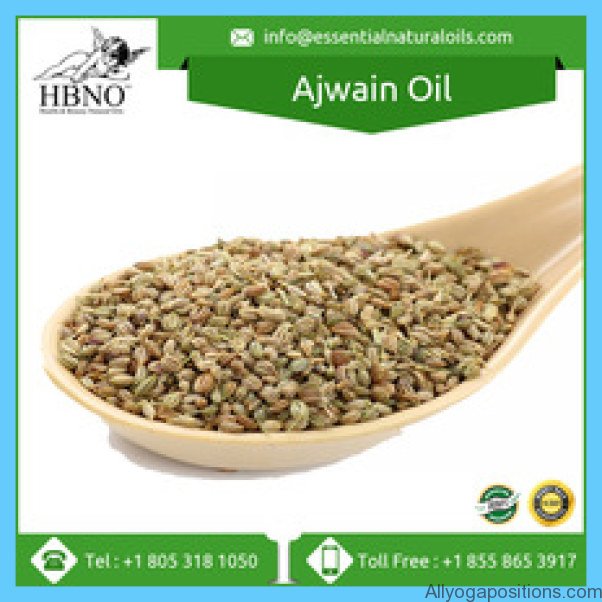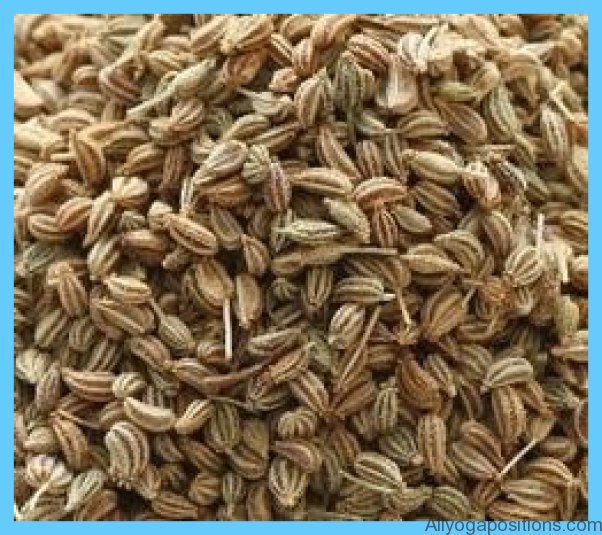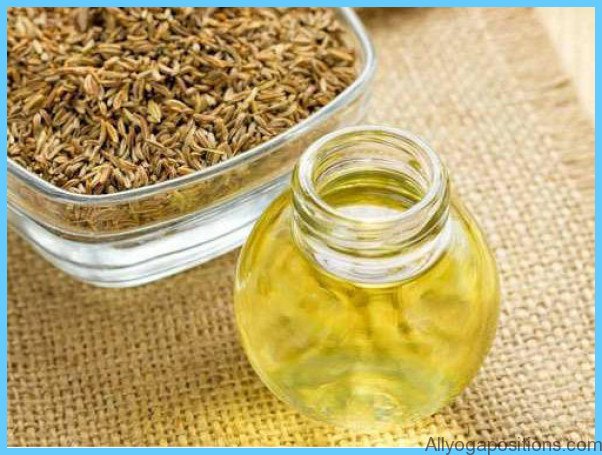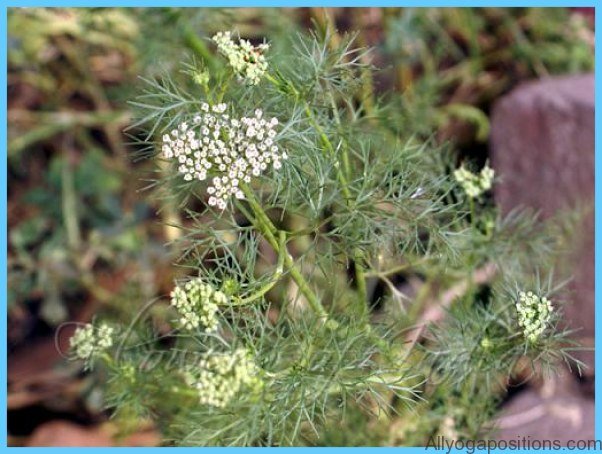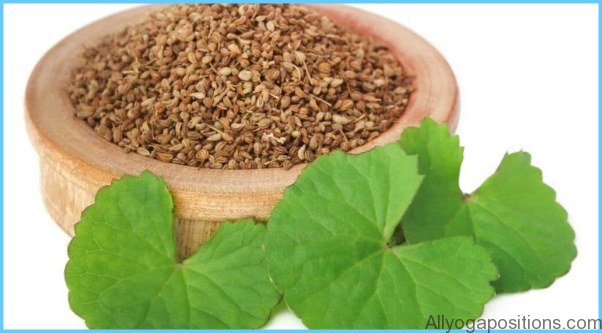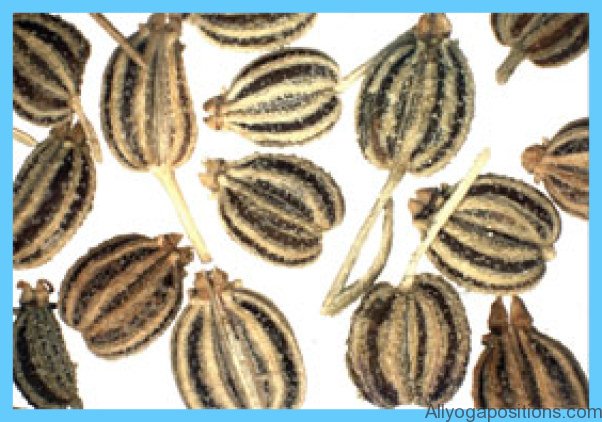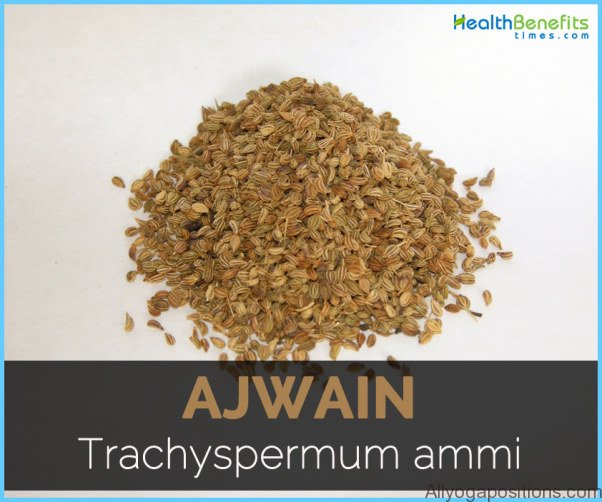Ajwain, Bishop’s Weed, Omam, Omum GER: Ajowan IT: Ajowan
BOT: Carum ajowan (Ptychotis ajowan and Carum copticum)
FAM: Umbelliferae ILL: Plate 20, No. 4
Ajowan is a spice seed closely related to caraway and cumin. It is grown in India and to some extent in Egypt, Persia and Afghanistan. It looks roughly like large celery seed, but tastes rather brutally of thyme as it contains considerable amounts of the pungent oil of thyme. An extract of this oil is thymol which is chemically related to carbolic (phenol) and is powerfully germicidal. Ajowan water is locally used for ‘gippy tummy’ and cholera. One is never quite sure, in Indian cooking, whether an ingredient is added for flavouring or for medicinal reasons. Often it is both. Since Indians eat large quantities of pulses (dhal gram, channa) as a source of protein, they are more than a little concerned with spices that prevent wind.
What’s Ajowan? Photo Gallery
Ajowan is used in many Indian savouries – ompadi, namkin boondi, sev and so on – to impart a thyme-like flavour and is often mentioned in less westernized Indian cookery blogs. In our kitchens it is almost unknown but is occasionally useful as a source of a crude thyme substitute. However, it lacks the subtlety of thyme, and so although thyme could possibly replace ajowan in Indian recipes, the contrary is not recommended except in emergency. The dry seed keeps indefinitely.

